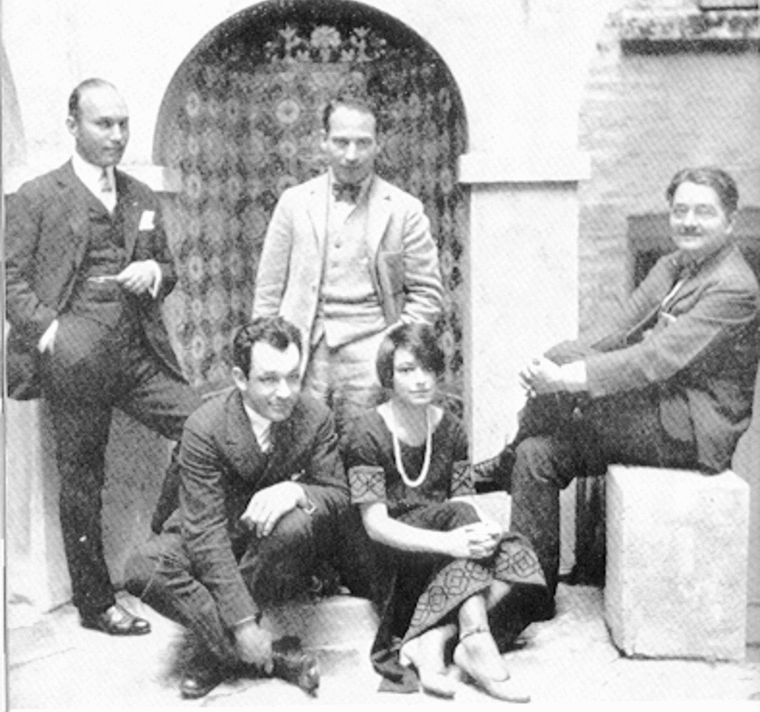Listen to this episode on Apple Podcasts.
In order to understand Joan Crawford’s rise to fame, we have to talk about what Joan -- born Lucille LeSueur, and called “Billie Cassin” for much of her childhood -- was like before she got to Hollywood, and what Hollywood was like before she got there. To accomplish the latter, we’ll focus on Douglas Fairbanks: top action star of the silent era, the definition of Hollywood royalty, and the father of Crawford’s first husband.
Show notes:
Every episode this season will draw from the following books about, and/or based on conversations with, Joan Crawford:
Not The Girl Next Door: Joan Crawford, a Personal Biography by Charlotte Chandler
Joan Crawford: The Essential Biography by Lawrence Quirk and William Schoell
Conversations with Joan Crawford by Roy Newquist
Other books referenced in this episode:
The Shocking Miss Pilgrim by Frederica Sagor Maas
His Picture in the Papers: A Speculation on Celebrity in America Based on the Life of Douglas Fairbanks, Sr. by Richard Schickel
The First King of Hollywood: The Life of Douglas Fairbanks by Tracey Goessel
Joan Crawford: Hollywood Martyr by David Bret
Possessed: The Life of Joan Crawford by Donald Spoto
Are the Stars Out Tonight? The Story of the Famous Ambassador and Cocoanut Grove, “Hollywood’s Hotel” by Margaret Tante Burk
The big winners from this list are The Shocking Miss Pilgrim and The First King of Hollywood -- the latter being probably the only silent film star biography on the market to correctly use the term “bromance.” Both books are highly recommended.
This episode was edited by Sam Dingman, written and produced by Karina Longworth with the assistance of Lindsey D. Schoenholtz. Our logo was designed by Teddy Blanks.









